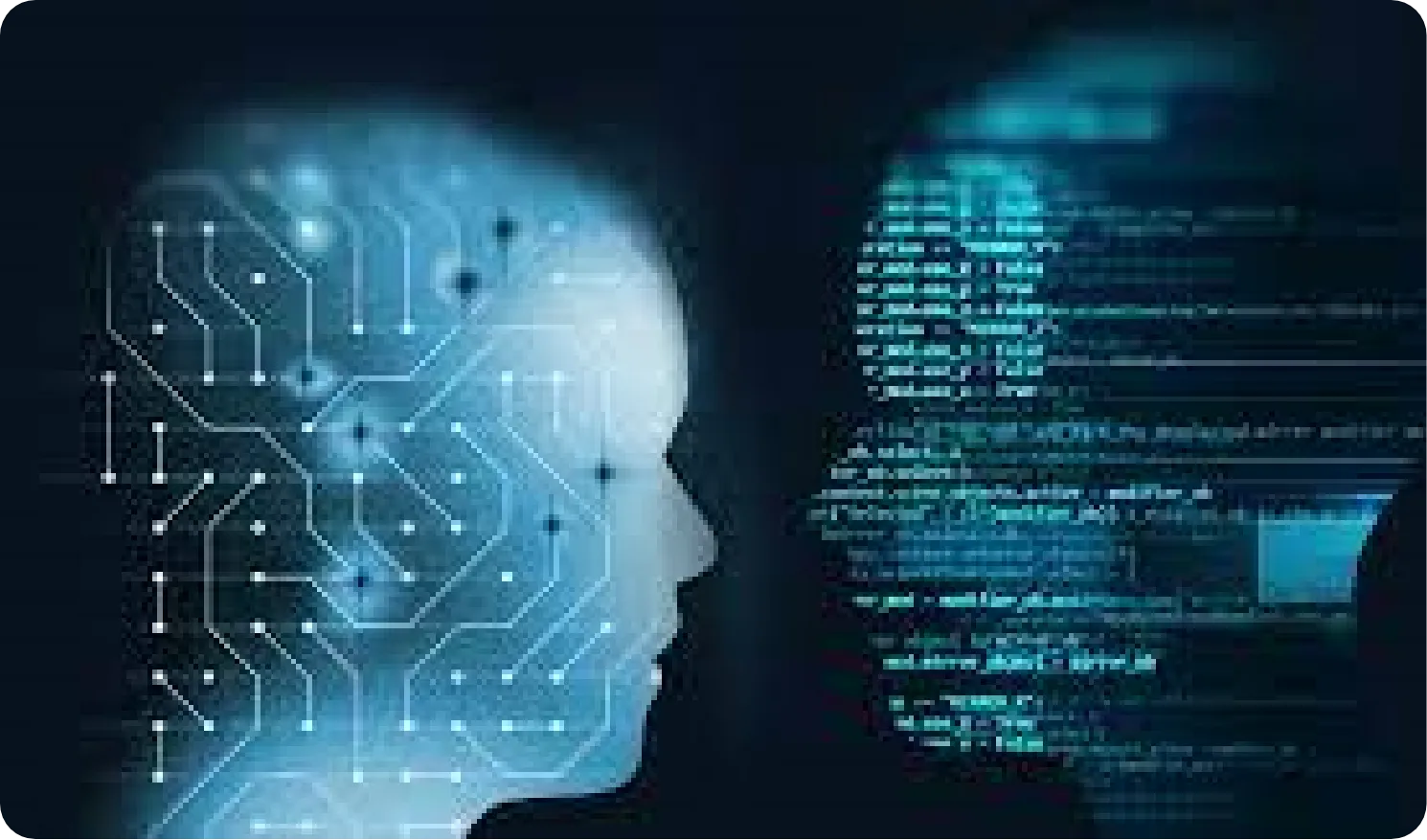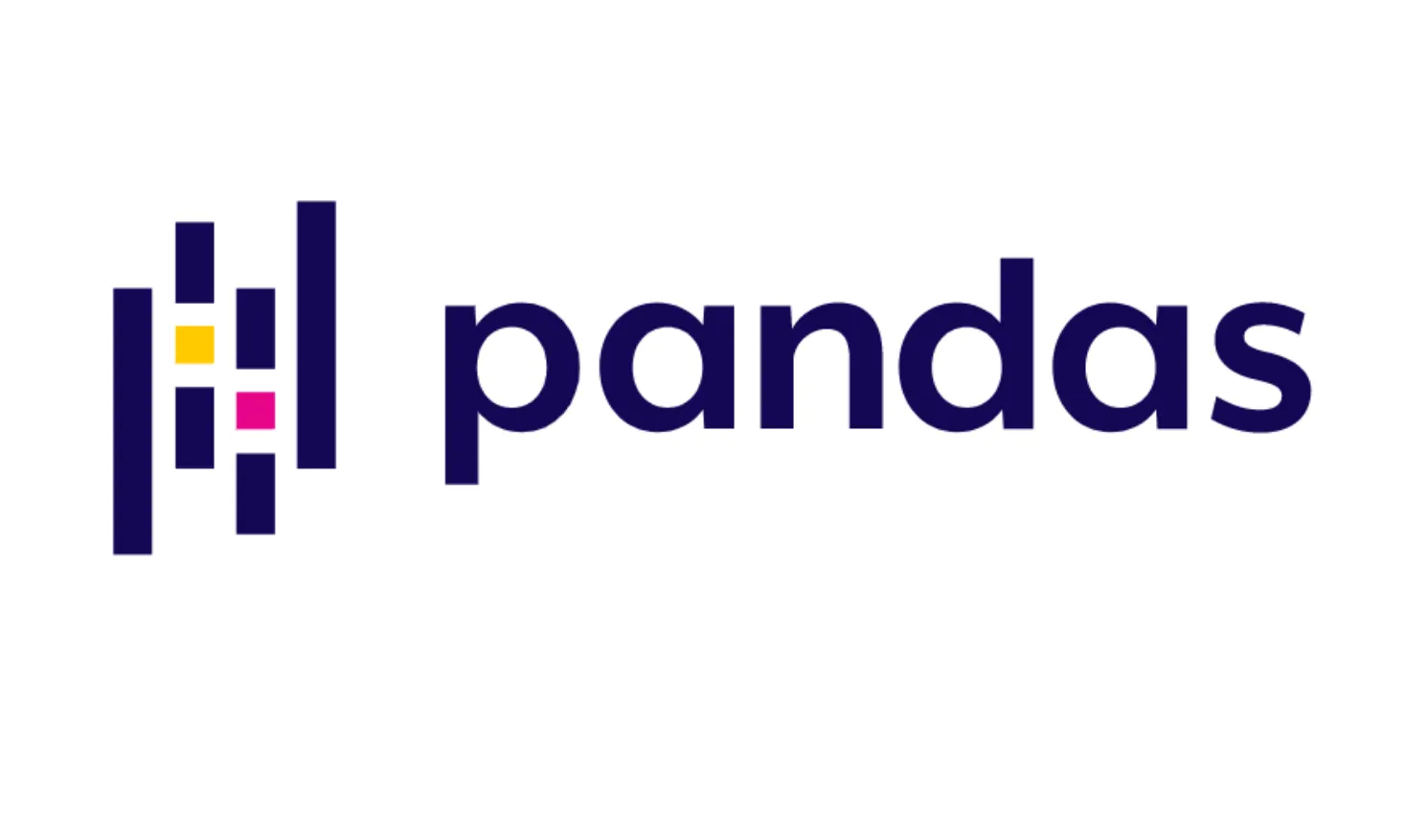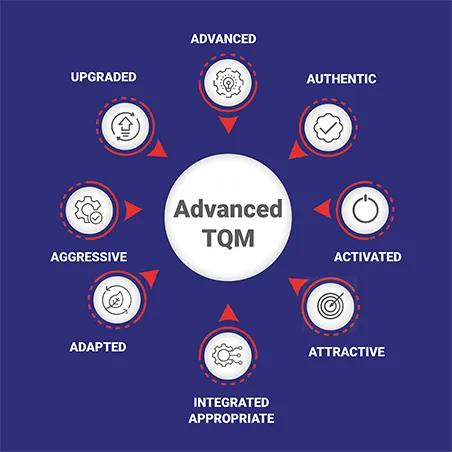Data science
Data has emerged as ‘the new oil’. Enterprise success now hinges on the ability to extract insights from the unprecedented flow of data. At one end, data science applications help enterprises see meaning out of information and make strategic decisions. At the other end, innovative data science applications are improving efficiencies, precision & accuracies dramatically, by automating repetitive tasks.
Enterprises are increasingly adopting Data Science technologies in the disciplines of artificial intelligence (AI), machine learning (ML), and deep learning, to name a few. There is an exponentially growing demand in the market for data analysts & data scientists.
Know More Hide
Python
Python is emerging as a popular programming language used in data science applications. It has an easy-to-understand syntax & has a shorter learning curve, as compared to most of the competing programming languages. It has the advantage of being scalable. It is flexible for enterprises to make successful migration. It is a general purpose open-source programming language with a vast repository of data science & analytics packages to choose from. Python has very good datavisualisation options and has emerged as the most preferred programming language for machine learning & deep learning. Python’s growing user-community provides an eco-system to overcome new challenges being faced by enterprises.
Know More Hide
Basic Python for Data Science
Kickstart your learning of Python for data science with a beginner-friendly introduction.
In this course, you will learn the Python fundamentals including data structures and NumPy (Numerical Python). You will learn basic programming in Python here. You will also solve many exercises during the workshop to ensure learning is immediately applied & absorbed.You do not need to have any prior programming knowledge to attend this course.
By the end of this course, you will feel comfortable creating basic programs in Python. You will gain a strong foundation that will prepare you for the more advanced learning in the field and develop skills to help advance your career in data science.
Know More Hide
Course Contents:
- Programming Basics.
- Python Foundation.
- Introduction of Jupyter notebook.
- Python Basics: Data types (int, float, strings, bool).
- Basic Python Data Structures (lists, tuples, dictionaries, and sets).
- Control Flow Statements, loops, functions – Inbuilt, UDFs, Lambda.
- Numerical Python (NumPy).


